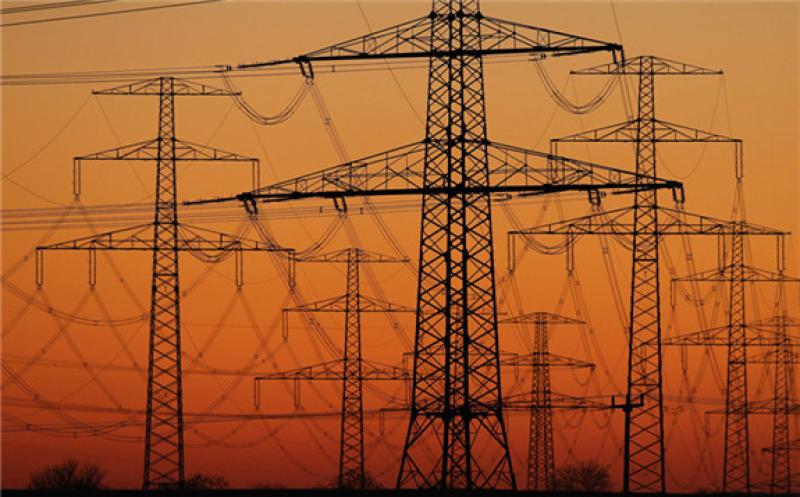Saudi Arabia is on course to enhancing its electric power grid to help meet growing demand.

Japan Bank for International Cooperation (JBIC) recently signed a loan agreement with Saudi Electricity Company (SEC) under its GREEN ("Global action for Reconciling Economic growth and Environmental preservation") programme.
JBIC will provide US$250 million of the US$500 million loan, alongside MUFG Bank, Bank of Yokohama, Joyo Bank, Nanto Bank, Nishi-Nippon City Bank, Hachijuni Bank, and San-in Godo Bank. JBIC will also provide a guarantee for part of the portion co-financed by the private financial institutions.
The loan is intended to provide SEC with the funds necessary for projects in the field of electricity transmission and distribution that contribute towards mitigating environmental impact, such as constructing a new substation and transmission lines to integrate renewable energy to the grid networks and introducing smart meters in Saudi Arabia.
Saudi Arabia aims to modernize and diversify its economy under a national development strategy, Saudi Vision 2030. Within this framework, the government is promoting projects that contribute towards the growth of renewable energy and energy efficiency.
As a vertically integrated electric utility that generates, transmits, and distributes electricity throughout Saudi Arabia, SEC is enhancing transmission and distribution networks for a stable supply of power from renewable energy sources for consumers, in line with the government policy to promote renewable energy.
In December 2020 JBIC signed a memorandum of understanding (MOU) on strategic partnerships in the power sector with SEC. The loan is one outcome of the MOU.
Under the MOU, JBIC will promote energy transition and environmental and social sustainability in Saudi Arabia by developing solutions to SEC's challenges in the power sector through investments by Japanese companies and/or the introduction of Japanese products and technologies.
SEC is a vertically integrated electric utility that generates, transmits, and distributes electricity throughout Saudi Arabia. It is 81% indirectly owned by the Saudi government, and through its close relationship with the government, it is deeply involved with policy making for the power sector of the kingdom.